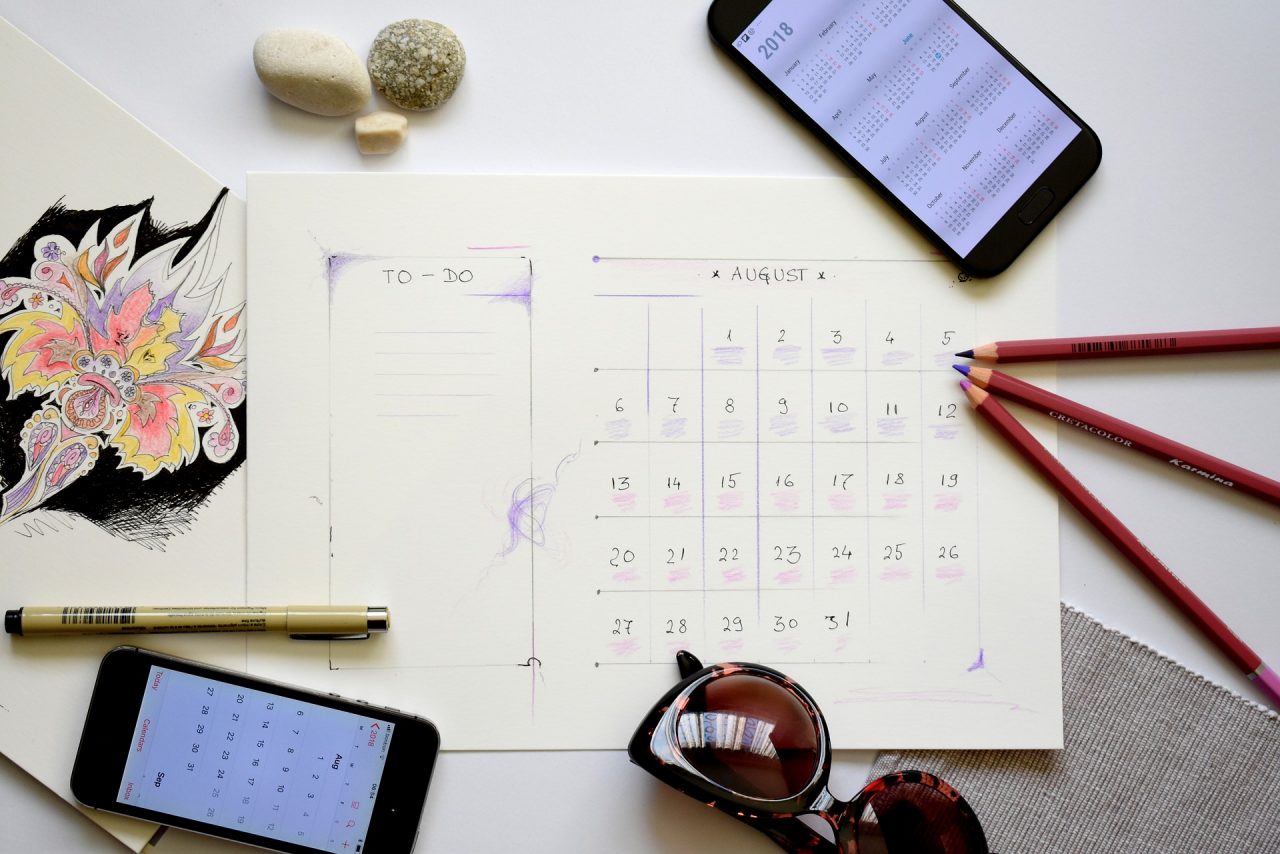Reducing your Stress
- Break tasks down – This is one of my favourites. Focus on just 1 thing at a time, even if it is 1 thing per day: this can help massively to reduce feelings of overwhelm and make things more manageable. That one thing could be work-related or maybe something in your personal life, such as doing one thing for your partner, children, family, or a friend, for example. If you want you may want to do one thing for each of these areas of your life.
Commend yourself for your achievement and be kind to yourself, if one day you don’t do your one thing, it’s okay.
Self-care tip – Remember to do one thing for yourself every day too, from making yourself a cup of tea to telling yourself something positive, to doing something you enjoy.
- Find 3 things every day that you are thankful or grateful for, or that you feel good about, or that make you feel good. From the breeze, as it gently brushes your cheek, to the sound of the autumn leaves beneath your feet, to the fact that you actually have feet and the wonderment of movement, breathing, living.
Sensory tip – If it helps you might want to imagine what it is like for a baby, to see, hear, feel/touch, smell, taste everything for the first time!
- Challenge unhelpful thoughts – If you find yourself thinking negative things about yourself, or indeed others, or being angry at the world, or nervous about what might happen, or anxious about what has already happened, change it.
Catch it – “I always forget what to say”
Check it – ask yourself “Is this true, do I ALWAYS, forget what to say?” What evidence is there to support this thought? Find evidence of some of the times when you didn’t forget what to say.
Change it – “There are many times when I am good at remembering … I am good at remembering” or “Sometimes I may forget what to say, (I am human after all) but I am ALWAYS good at listening”.
For informational purposes only, there is this app: https://www.nhs.uk/apps-library/catch-it/
Micro-tip – Don’t be hard on yourself if you find it difficult to turn a negative thought into a positive one, it takes practice and time, and if you can’t find an alternative thought, be kind to yourself. Noticing and acknowledging a negative thought can still bring value and give you a feeling of control.
- Be active – Doing something physical can be a great way of bringing you out of your head and into your body, it can help you release nervous energy and tension, and boosts those feel-good hormones.
Tip – Remember to drink lots of water when exercising and throughout the day. This can help maximize physical performance, affects energy and brain function, and can aid weight loss (info from healthline.com)
- Talk – Talking to a friend, or family member, colleague or counsellor can often help. These social connections can be a source of comfort and create a space for you to get things off your chest and/or out of your head. In so doing you may find alternative perspectives, helpful suggestions, or simply, and most importantly, a chance to be seen or feel heard.
- Plan ahead – planning and preparing for potentially stressful days or events can help you stay focused and on track; it can create feelings of achievement, and help you feel more in control. It also gives a bit of room for unexpected or unforeseen events arising, all of which can help to reduce stress.

